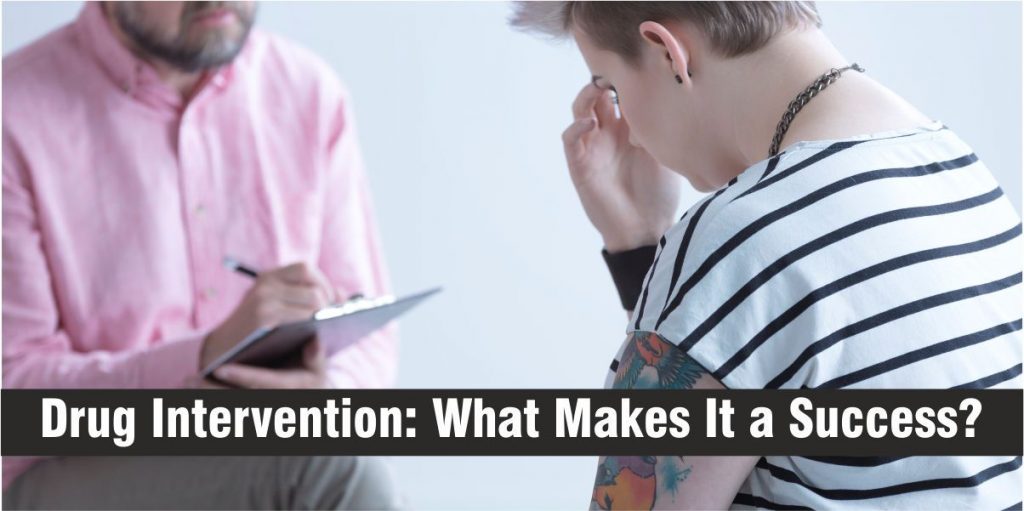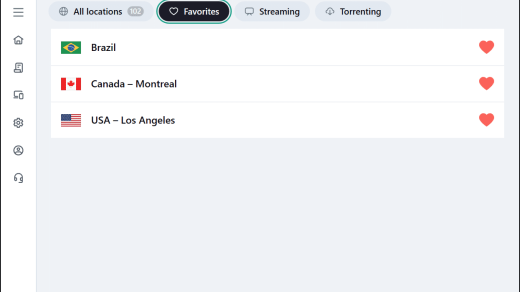Drug “intervention” can come in many forms; for example, it may be an emotional plea from loved ones, or a group intervention staged with the help of a drug treatment professional. In extreme cases, an individual may be involuntarily committed against their desires if they are a danger to themselves or others.

In simple terms, drug interventions help family members or friends get their loved ones into a treatment program without waiting for them to make the decision themselves. People can also choose Hypnosis for Drug Addiction to get rid of this situation.
Interventions are useful for helping addicts who are either unwilling or incapable of seeking help on their own. For example, the addict may not admit they have a problem, or are too addicted to find the strength to seek the help they need. Interventions are also helpful in relapse cases, because often people who relapse are unwilling to go back for treatment because they feel ashamed of failure or worry it won’t work again.
Types of Intervention Programs
Choosing a suitable, effective, safe, personalized treatment plan is different for every addict.
For some drug abusers and addicts, all it takes is a serious discussion with a concerned friend or family member to decide to seek treatment. Sometimes, their regular doctor might notice abnormalities in their body, such as liver damage, and convince them to seek help decreasing or stopping their substance abuse. Other times, a personal therapist or social worker might recommend drug recovery programs if they believe the addict is out of control.
Partial Hospitalization Programs provide patient care in a carefully supervised environment. This may be at a psychiatric hospital or in a private drug rehabilitation clinic. Here, patients access medical care, detoxification programs, psychiatric services, and medication-assisted therapy. These programs are strictly regulated and require specific time commitments and availability.
Intensive Outpatient Programs offer most of the same treatment options as partial hospitalization programs, but are less strict about scheduling. They’re more supportive and therapeutic rather than strictly regimented. When looking for the best outpatient treatment for drugs, it’s best to examine each individual program’s offerings and find the one that works best for you. Depending on the level of addiction, some addicts may require more intensive programs while others may do well with less structured options.
Residential Rehabilitation Programs provide 24/7 supervision by trained staff. These programs completely remove the individual from their daily life, and provide a fully immersive recovery experience. This involves daily counseling sessions, medicine-assisted therapy, detox plans when applicable, and all other general drug addiction treatments.
Types of Intervention Therapies
Psychologists, social workers, and other mental health professionals often use interventions to help people struggling with alcohol and drug abuse get started on the path to recovery. If someone you know is struggling with addiction or mental health, chooseAcupuncture for Drug Addiction thatis also considered the best way to get reliable treatment.Below are some of the common treatment techniques used in drug recovery treatment programs. Some may sound familiar, as they are also used in many other parts of general psychology and therapy.
Behavioral Modification Therapy uses techniques to analyze and identify the causes behind particular negative or maladaptive behaviors. For example, in drug treatment therapy, the doctor will use psychotherapy to try to identify the causes of addiction and the triggers that cause cravings, and isolate them.
Cognitive Behavioral Therapy is a type of psychotherapy that focuses on teaching the individual how to change, control, or eliminate certain thinking patterns that are responsible for their behaviors. Its aim is to provide techniques to help an addict observe, recognize, understand, and properly react to the factors that trigger drug abuse.
Psychoanalytic Therapy is probably what you’re thinking of when you think of going to therapy. A psychologist uses various methods to help understand deep seated issues, help individuals cope from trauma, and locate unresolved subconscious problems.
Family Therapy is often very beneficial for addicts and their families, especially in cases of intervention. It is designed to help everyone involved work together, understand one another, and learn how to support each other’s individual needs. This can be done in a clinical setting or as part of a greater recovery program.
Group Therapy consists of a group leader guiding a therapy session made up of individuals with the same problem. It provides a safe environment for them to open up about their thoughts, feelings, and experiences and have others to relate to.
Whether you’re seeking information, planning an intervention, or exploring recovery options, we at the Addiction Treatment Group help professionals and individuals with crisis intervention techniques. If you or someone you know needs drug intervention, reach out to a trusted rehabilitation clinic or treatment center.




Recent Comments